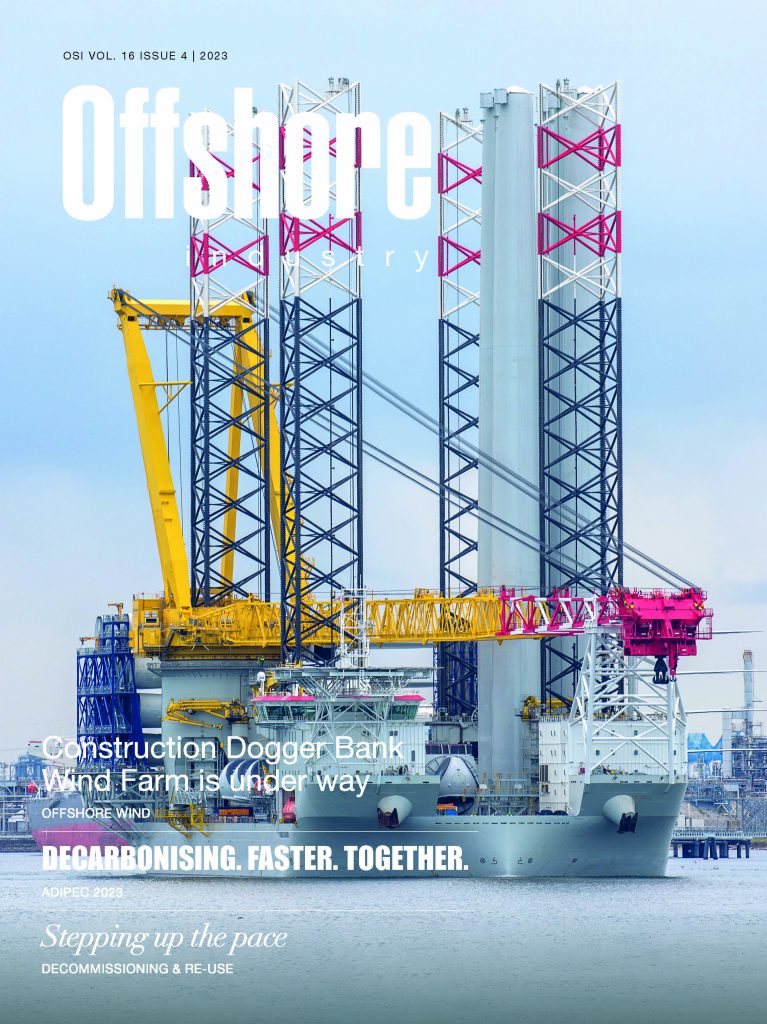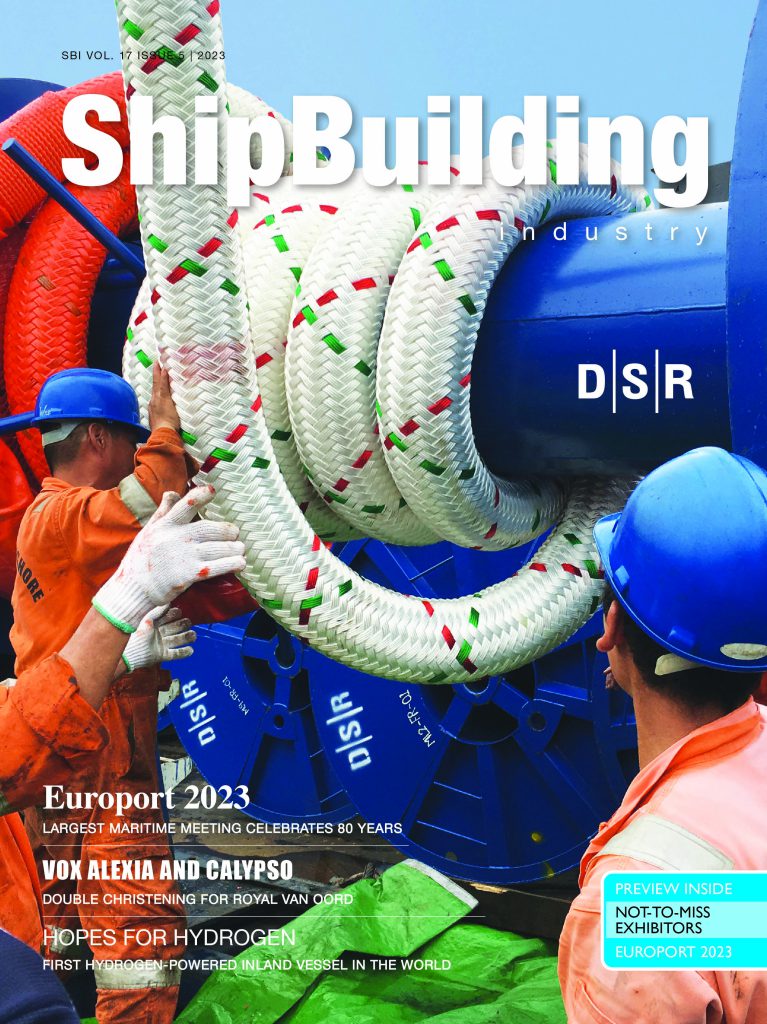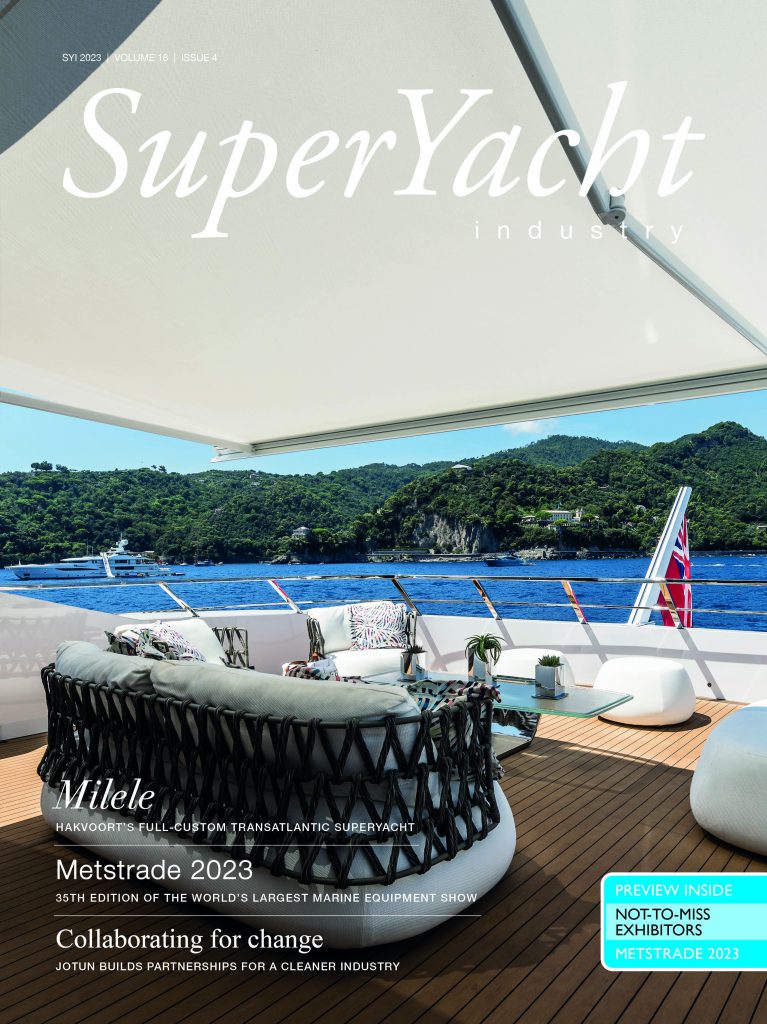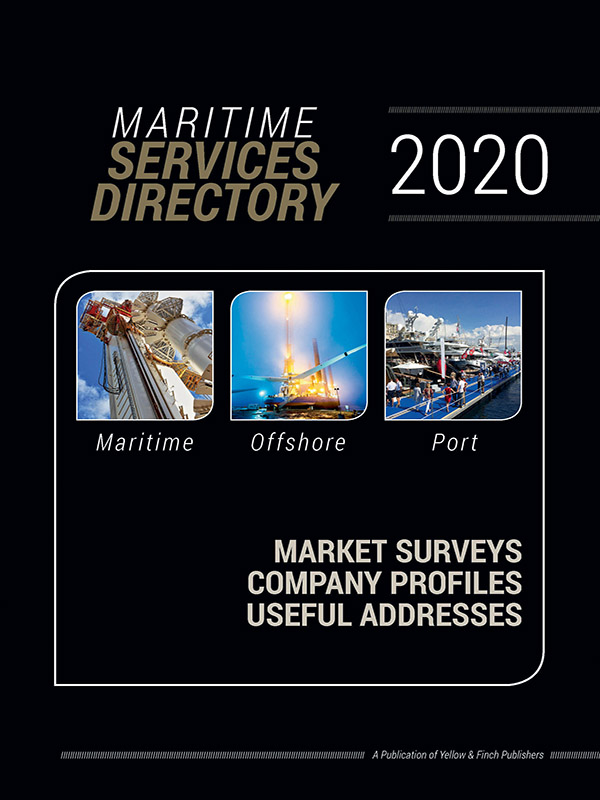CleanBallast: No Increase Of Corrosive Properties
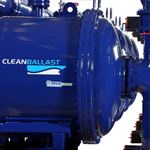 RWO – in cooperation with a leading European corrosion institute (SWEREA-KIMAB) and the classification society Germanischer Lloyd – has carried out thorough accelerated corrosion studies in treated full-salinity seawater with the CleanBallast ballast water treatment system. The tests simulated operation over an approximate entire lifetime of a ballast water tank/piping structure (approx. 40 years).
RWO – in cooperation with a leading European corrosion institute (SWEREA-KIMAB) and the classification society Germanischer Lloyd – has carried out thorough accelerated corrosion studies in treated full-salinity seawater with the CleanBallast ballast water treatment system. The tests simulated operation over an approximate entire lifetime of a ballast water tank/piping structure (approx. 40 years).
At a pre-conference focus day held in London early December, the risks of ballast water treatment systems on ballast tank coatings and corrosion was assessed by participants from the global industry. Bremen-based RWO GmbH has been a pioneer in this field, and thorough corrosion tests undertaken by independent institutes have proved that the CleanBallast ballast water treatment system with its EctoSys disinfection technology does not increase the corrosive properties.
CleanBallast operates readily in waters with low and full salinity. The natural corrosiveness of those environments differs significantly, with, for example, full salinity (>32 PSU) being a very corrosive media to common construction materials. It is also well known that larger quantity of active chlorine has further negative effect on corrosion, increasing the wear rate of non-passivated metals, etc. The EctoSys disinfection unit utilised by the CleanBallast system is based on electrochemistry, however operating very differently compared to, for instance, conventional chlorination or electrolysis systems using salt water (containing chloride), where a maximum production of active chlorine is desired. Instead, EctoSys produces short-lived mixed oxidants, which together have a more striking and powerful effect compared to active chlorine. Thus, the EctoSys is not dependent on chloride content (salinity), but produces oxidants directly from the water. The negative effects of active chlorine on corrosiveness can effectively be avoided.



